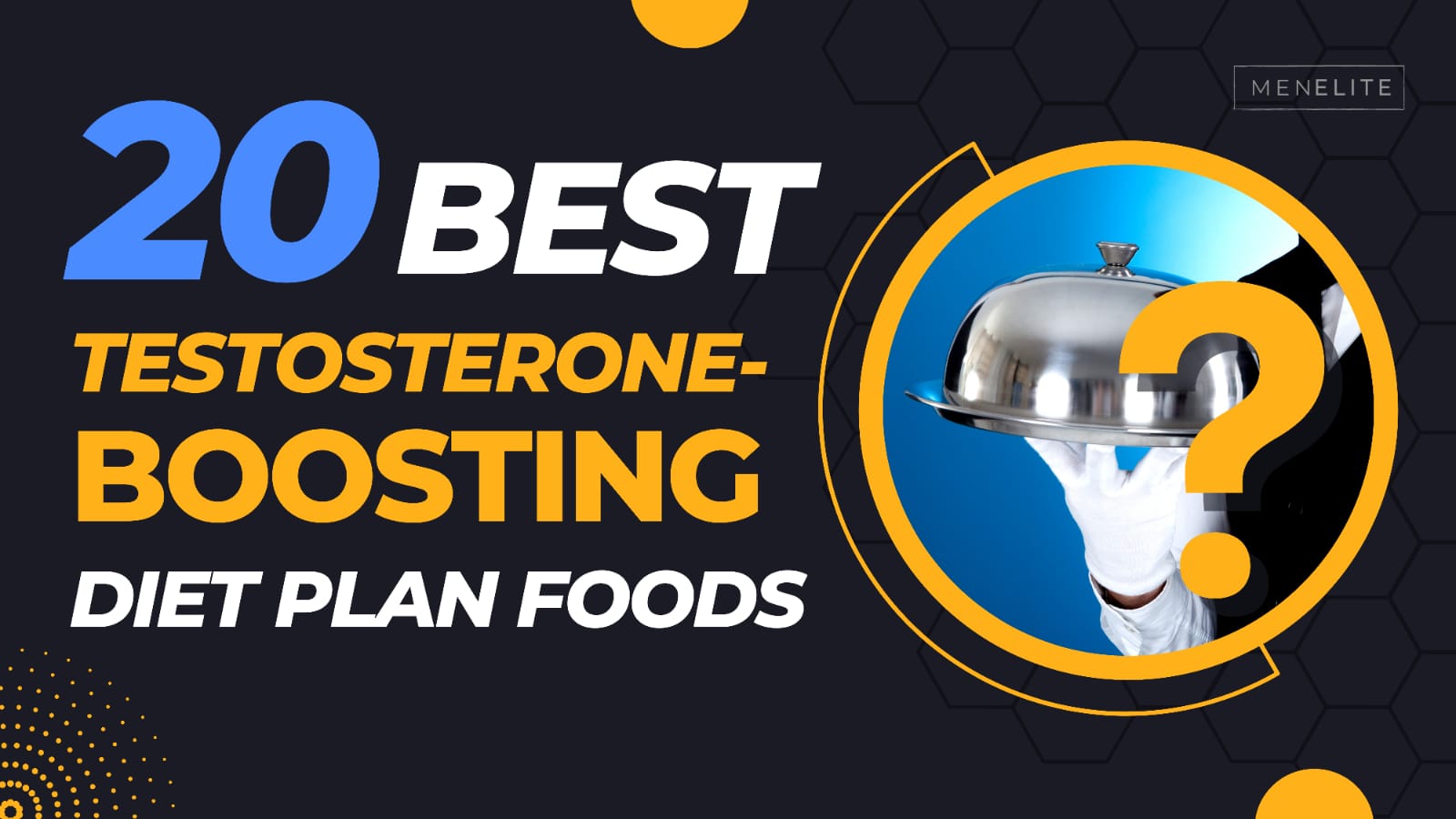- Joined
- Aug 24, 2017
- Messages
- 5,857

20 best testosterone-boosting diet plan foods » TESTONATION
If you didn't know that specific foods can increase testosterone, you're in luck. I'm going to show you 20 testosterone-boosting foods.
 men-elite.com
men-elite.com
